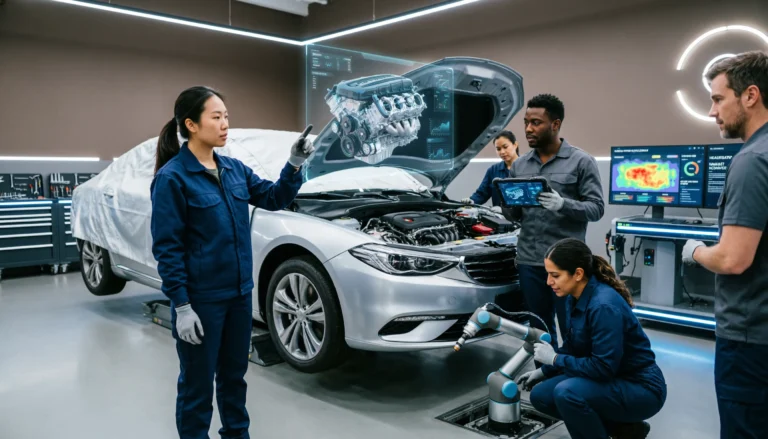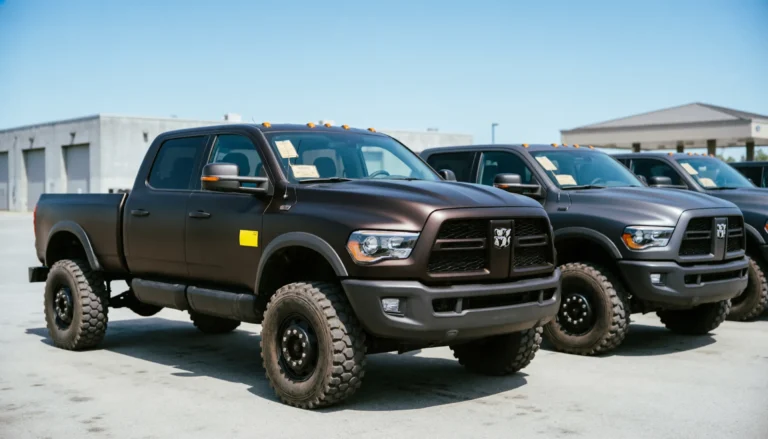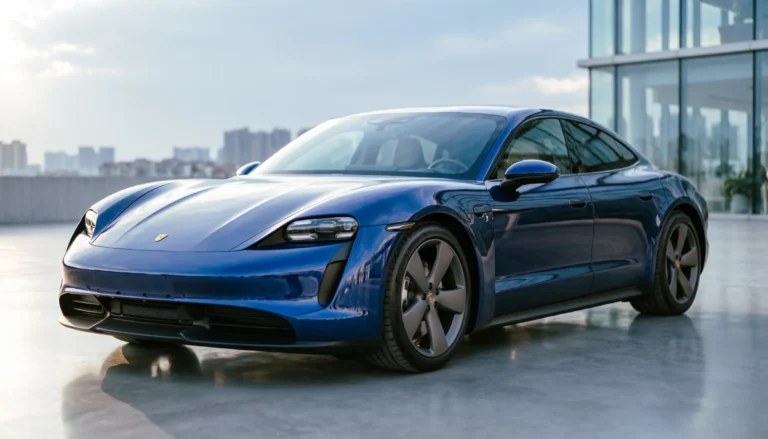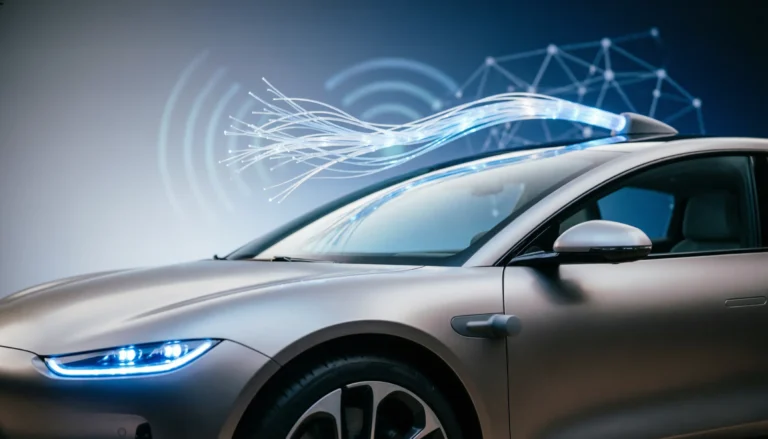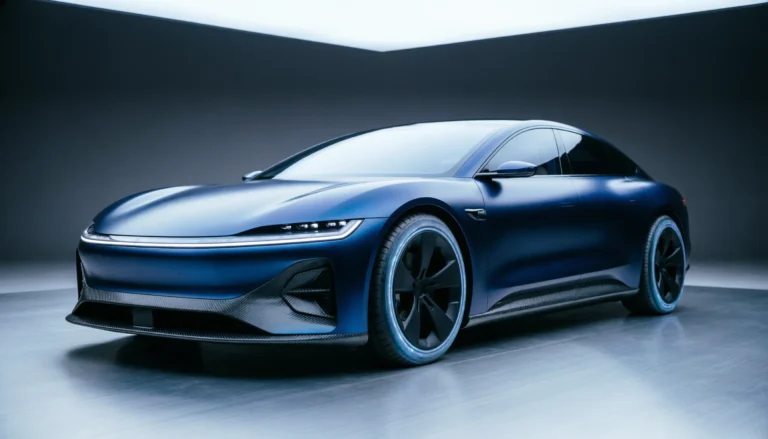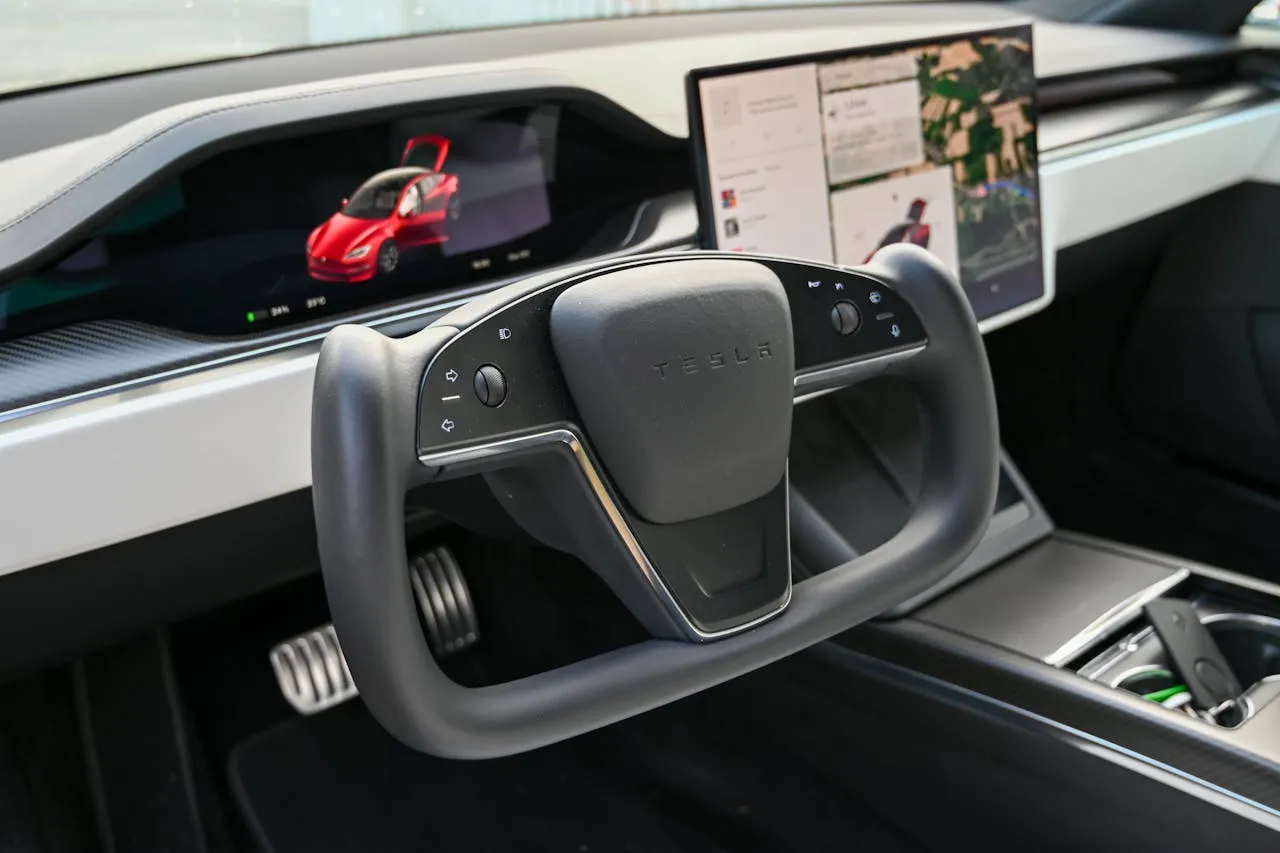
Tesla and Waymo Face Federal Scrutiny as Autonomous Vehicle Safety Concerns Mount
Recent federal actions involving Tesla and Waymo have intensified the national conversation about the safety, oversight, and transparency of autonomous and semi-autonomous vehicles. As these technologies rapidly expand on U.S. roads, questions are mounting about the balance between innovation and public safety. The Witherite Law Group, a Texas-based law firm representing individuals injured or families who have lost loved ones in traffic accidents, warns that recent regulatory rollbacks and high-profile incidents reveal critical gaps in accountability and consumer protection.
Tesla Benefits from Relaxed Crash-Reporting Rules
The U.S. Department of Transportation (DOT) recently announced revisions to self-driving crash-reporting requirements, a move widely seen as advantageous to Tesla. Under the new rules, automakers are no longer required to report non-injury, non-fatal crashes involving “Level 2” partial automation systems, such as Tesla’s widely used Autopilot feature.
Previously, any incident where a self-driving system was engaged—regardless of whether it resulted in injuries—had to be reported to federal authorities. Analysts argue that removing this reporting requirement reduces transparency and could make it difficult for regulators, researchers, and the public to track potential patterns of system failures or unsafe behavior.
Safety advocates caution that this lack of data may obscure the true frequency and severity of crashes involving Tesla vehicles. Over the past year, Tesla accounted for more than 800 of the 1,040 self-driving incidents reported to the federal government—a figure critics say highlights the importance of comprehensive reporting.
Transportation Secretary Sean Duffy defended the regulatory changes, stating that they “streamline compliance” for automakers and enhance the global competitiveness of U.S. automotive technology. Yet many experts, including attorneys at Witherite Law Group, argue that prioritizing corporate convenience over public safety comes with serious risks. “The technology is advancing faster than the safeguards meant to protect the public,” said Amy Witherite, founder of Witherite Law Group. “We cannot allow regulatory rollbacks to mask the real-world dangers posed by these semi-autonomous systems.”
Waymo Faces Investigation After School Bus Incident
Tesla is not alone under federal scrutiny. The National Highway Traffic Safety Administration (NHTSA) has launched a preliminary investigation into approximately 2,000 Waymo autonomous vehicles after reports that one of its driverless cars failed to stop for a school bus displaying flashing lights and an extended stop arm. According to eyewitness accounts, the vehicle maneuvered around the front of the bus while children were exiting, raising serious safety concerns.
Waymo has acknowledged the incident and stated that it has implemented system updates to prevent similar occurrences. “Driving safely around children has always been one of Waymo’s highest priorities,” the company said in a statement. Nevertheless, the NHTSA’s investigation underscores that even highly advanced robotaxi programs are not immune from lapses in safety.
Lawyers at Witherite Law Group highlight that these incidents demonstrate the ongoing tension between deploying autonomous vehicles at scale and maintaining rigorous safety standards. “The promise of self-driving technology is compelling, but these high-profile failures show that we are not yet fully prepared to rely on these systems without oversight,” said Witherite.
Transparency and Accountability Are Key
The debates surrounding Tesla and Waymo raise larger questions about the federal government’s approach to autonomous vehicle regulation. Critics argue that current policies often prioritize innovation and industry growth over the rigorous testing and transparency necessary to protect the public.
Mandatory crash reporting has long been viewed as a crucial tool for tracking safety trends and identifying potential system failures. With Tesla’s Autopilot now benefiting from relaxed reporting rules, accident data may become less reliable, complicating research into self-driving system performance and delaying improvements in safety.
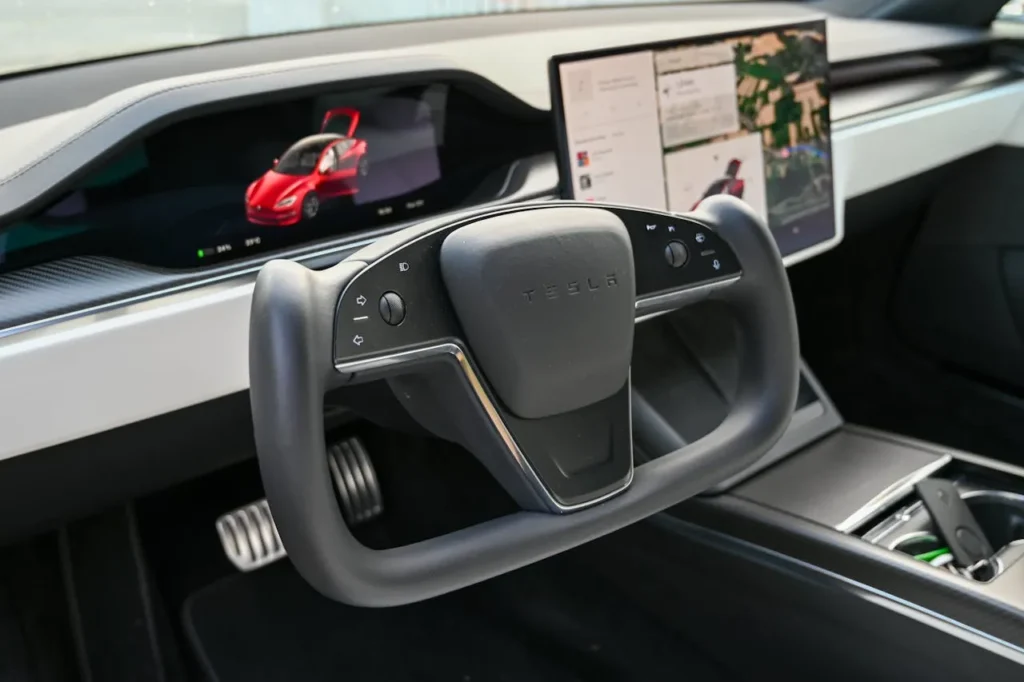
Similarly, incidents like the Waymo school bus event demonstrate that even sophisticated autonomous vehicle programs cannot yet guarantee consistent, safe performance in complex, real-world scenarios. The Witherite Law Group emphasizes that transparency, rigorous testing, and consistent enforcement must keep pace with technological advances. Without these safeguards, semi-autonomous and fully autonomous vehicles could introduce new hazards even as they promise to reduce traditional traffic accidents.
Calls for Federal Action
Amy Witherite and her team advocate for a multi-pronged approach to federal oversight of autonomous and semi-autonomous vehicles:
- Enhanced Reporting Requirements: Maintaining robust crash reporting, including non-injury incidents, to monitor system reliability and prevent safety blind spots.
- Comprehensive Testing and Validation: Requiring automakers to conduct rigorous real-world and simulation-based testing before deploying new systems broadly.
- Clear Accountability Standards: Ensuring that both manufacturers and operators are held responsible for accidents or system failures.
- Public Transparency: Mandating that crash and safety data be made publicly available to researchers, safety advocates, and consumers.
“These measures are not intended to stifle innovation,” Witherite said. “They are about ensuring that innovation does not come at the expense of human life.”
Industry Implications
Federal scrutiny of Tesla and Waymo also signals to the wider automotive and technology industries that regulatory oversight may intensify in the coming years. Automakers and tech companies developing Level 2, Level 3, and fully autonomous vehicles may face increasing pressure to demonstrate the safety and reliability of their systems, particularly as these technologies expand beyond controlled pilot programs and into everyday traffic environments.
For Tesla, the DOT’s relaxed crash-reporting rules provide short-term relief from compliance burdens but may also fuel public and legal scrutiny if accidents involving Autopilot continue. For Waymo, the NHTSA investigation illustrates the challenges of ensuring that even advanced robotaxi systems can reliably navigate complex, unpredictable environments, such as school zones.
Legal experts like those at Witherite Law Group note that the evolving regulatory landscape could result in more frequent investigations, litigation, and heightened public awareness of autonomous vehicle risks. The firm represents individuals and families affected by crashes involving semi-autonomous systems and has filed claims emphasizing the need for accountability, data transparency, and robust oversight.
The combined scrutiny of Tesla and Waymo highlights a critical crossroads in autonomous vehicle development. While these technologies promise to transform transportation, the recent federal actions illustrate that safety, transparency, and accountability remain urgent priorities. Without vigilant oversight, there is a real risk that semi-autonomous and fully autonomous vehicles could introduce new dangers even as they aim to reduce traditional traffic fatalities.
As the debate continues, stakeholders—including automakers, regulators, law firms, safety advocates, and the public—must work together to ensure that innovation and safety advance hand in hand. The Witherite Law Group underscores that progress should never come at the cost of human life and that rigorous enforcement of safety standards is essential to achieving the full promise of autonomous and semi-autonomous transportation.


